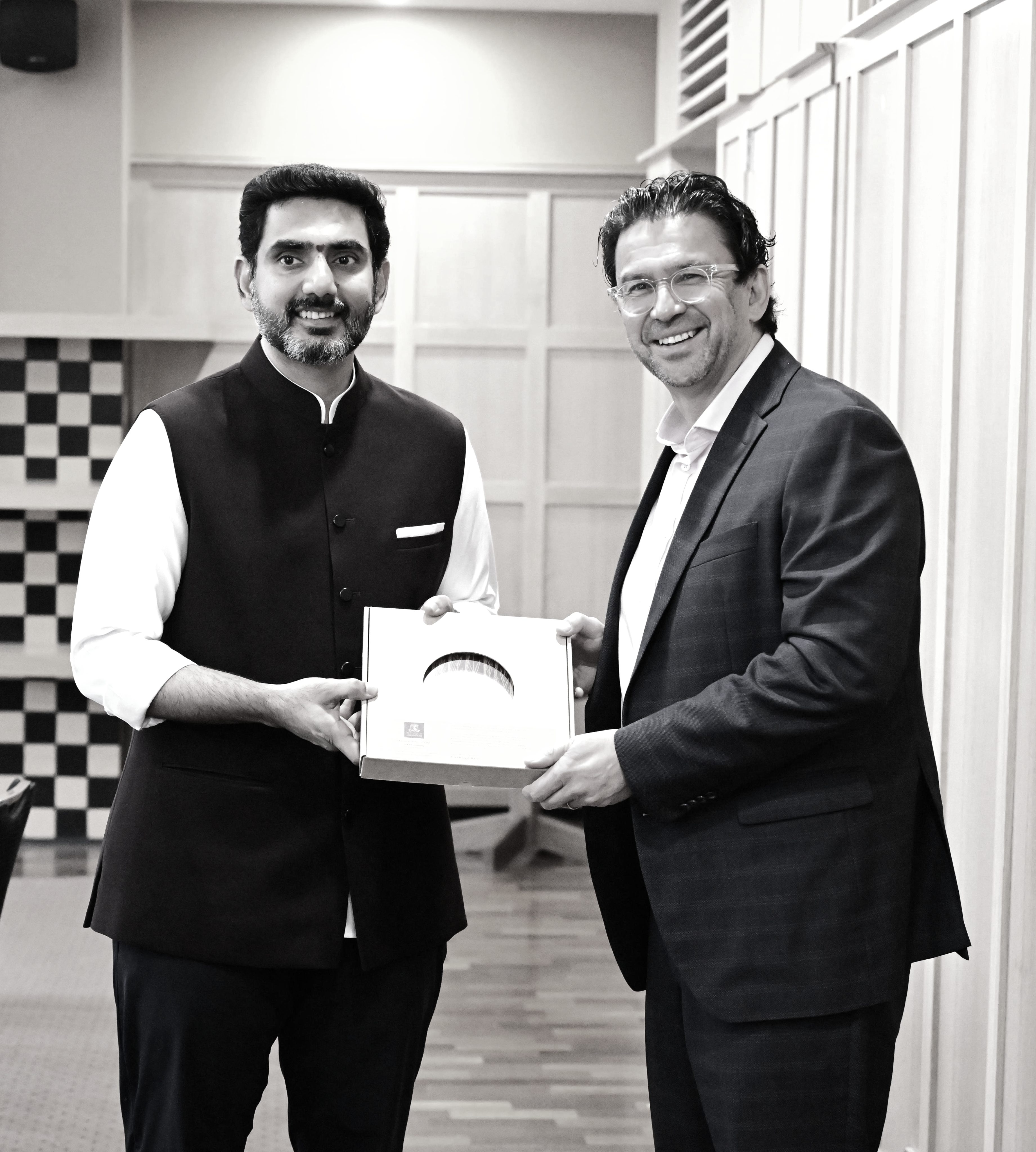
AP IT Minister Lokesh pushes global collaboration in AI and Quantum research
On the fifth day of his official visit to Australia, Andhra Pradesh IT Minister Nara Lokesh held a high-level meeting with Acting Vice Chancellor Prof. Michael Wesley and senior faculty at the University of Melbourne. The discussions centered on potential collaborations in Artificial Intelligence (AI), Cybersecurity, Internet of Things (IoT), and Quantum Research, aimed at fostering innovation, skill development, and research capabilities in Andhra Pradesh.
The minister invited the university to explore partnerships in renewable energy, sustainable agriculture, health technology, and smart city initiatives, aligning with the state’s broader growth and sustainability goals. “These collaborations can help Andhra Pradesh develop a future-ready workforce, strengthen research capabilities, and drive innovation-led economic growth,” Lokesh said.
This engagement marks Andhra Pradesh’s first formal partnership initiative with the University of Melbourne. Other Indian states, including Karnataka, Telangana, Maharashtra, and Delhi, have existing collaborations with the university, primarily focusing on AI, cybersecurity, IoT, and research exchange programs. Andhra Pradesh’s approach, however, is broader, combining technology development with sustainability-driven sectors.
Experts and analysts suggest that such collaborations can lead to the creation of advanced training centers, research labs, and incubation hubs. In the short term (6–12 months), benefits may include pilot projects, workshops, and skill-building programs. In the medium term (1–3 years), employment opportunities in research labs, tech startups, and high-tech industries may increase. Long-term outcomes (3–7 years) could see the establishment of full-scale R&D centers, commercialization of research innovations, and broader economic and employment growth.
The Andhra Pradesh government’s effort to engage with the University of Melbourne underscores its commitment to global partnerships, technological advancement, and sustainable development. If realized, the collaboration could position the state as a hub for emerging technologies, attract investment, and create a skilled workforce prepared for the demands of the future.
